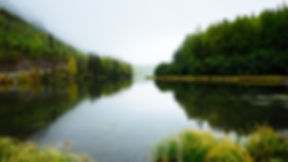
Sat, May 04
|Westfield Nursery
Native Plant Sale with Westfield Nursery
Join us for a native plant sale! Learn more about the benefits of native plants and how to select the best ones for your particular landscape, then purchase some take home with you!


Time & Location
May 04, 2024, 10:00 AM – 2:00 PM
Westfield Nursery, 8320 W Main St, Westfield, NY
About the event
We are once again teaming up with Westfield Nursery to provide information on native plants along with the ability to see and purchase them.
Did you know? By planting native flowers, shrubs, and trees, we are helping to provide critical food sources and habitat for declining populations of monarch butterflies, bees, and other pollinators. Native plants are adapted to the local climate and soil conditions where they naturally occur. These important plant species provide nectar, pollen, and seeds that serve as food for native butterflies, insects, birds, and other animals.
Did you know? All lands are part of a watershed. The water that flows across and through our lands feeds our streams, rivers, and lakes.
Did you know? Rain washes chemicals and fertilizers into our streams, rivers, and lakes. Once in our waterways, these pollutants fuel the growth of excess algae, which clouds the water and threatens the health of fish and other wildlife.
Did you know? Natural landscapes protect our waters by filtering stormwater and slowing the flow of runoff through our watersheds so it can replenish ground water rather than contributing sediment and pollutants to our lakes and streams. One of the easiest ways for us to reduce our pollution contribution is to replace some of our lawn and typical landscapes with native plants. Use native plants in your garden to reduce your storm water runoff today!
In this free native plant event, you’ll learn from Conservancy Conservationist Carol Markham and the knowledgeable staff at Westfield Nursery what native plants are and why they are so important for a resilient landscape.
